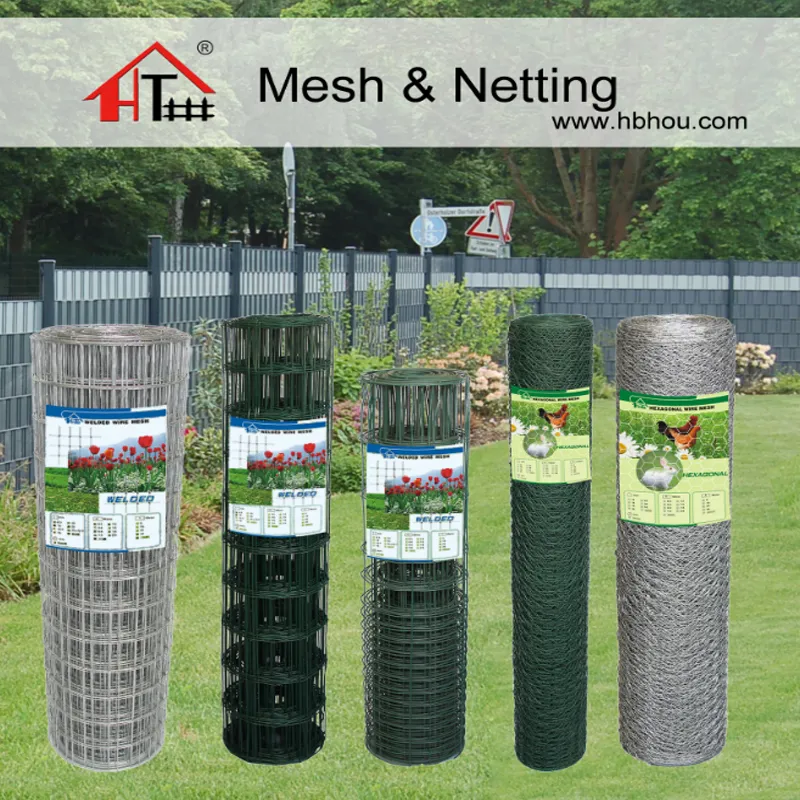Setting Up an Electric Fence for Horses A Comprehensive Guide
When it comes to ensuring the safety and well-being of your horses, one of the most effective solutions is installing an electric fence. Unlike traditional wooden or barbed wire fences that can be visually unappealing and may injure your horses, electric fencing is a safe, efficient, and economical way to manage your equine companions. Here’s a comprehensive guide to help you set up an electric fence for your horses successfully.
Understanding Electric Fencing
Electric fence systems consist of three main components the energizer, the fence, and the grounding system. The energizer produces a high-voltage but low-amperage pulse that travels along the wire, delivering a shock when an animal comes into contact with it. The electric fence wire can be made from several materials, including polywire, aluminum, or steel.
Step 1 Planning Your Fence
Before you begin building, carefully plan the location and layout of your fence. Identify the area where you want to enclose your horses and ensure that it is free from hazards such as trees, sharp rocks, or other obstacles. Take note of the terrain, as flat areas will require different strategies compared to hilly or rocky landscapes. Consider the size of the area needed for grazing or exercise, as horses generally require spacious and safe environments.
Step 2 Selecting the Right Materials
The materials you choose are crucial for the effectiveness and longevity of your electric fence. Here’s what you’ll need
- Energizer Select a fence energizer that matches the size of your enclosure and the number of horses you have. For larger areas or multiple horses, you may need a more powerful energizer. - Fencing wire Choose high-quality electric fencing wire. Polywire is lightweight and easy to handle but may not be as durable as aluminum or high-tensile steel.
- Insulators Install insulators to ensure that the electric current flows through the wire and does not ground out on the posts. There are various types, including T-post insulators and wooden post insulators.
- Posts Depending on your terrain and preference, you can use wooden posts, T-posts, or plastic posts to support your fencing. Space the posts adequately, typically 10 to 12 feet apart.
- Grounding system A proper grounding system is vital for the electrification to work effectively. You will need grounding rods, which should be at least 6 feet long, buried in the ground.
setting up electric fence for horses

Step 3 Installing the Fence
1. Mark the layout Use stakes or flags to mark the corners and gates of your fence layout. This will guide you in placing your posts correctly. 2. Install the posts Dig holes for your posts, ensuring they are deep enough to provide stability. Set the posts in place and use concrete if necessary for extra support, especially in windy conditions.
3. Attach the insulators Place insulators on each post according to your fencing design. Ensure they are securely attached to handle tension.
4. Run the wire Start from the energizer and thread the wire through the insulators on each post, making sure it is taut. You may choose to install multiple strands depending on your horses’ behavior and size.
5. Connect the energizer Follow the manufacturer’s instructions to connect the energizer to the fence line and grounding rods. Ensure all connections are secure for optimal performance.
Step 4 Testing the Fence
After setting up the fence, it's crucial to test it. Use a multimeter to check for voltage along the fence line, ensuring that it delivers adequate shock without being harmful. Adjust the energizer settings if necessary.
Step 5 Educating Your Horses
Finally, it's essential to train your horses to respect the electric fence. Allow them to approach the fence while supervised, and they will learn to associate the fence with a mild shock, which will discourage them from trying to breach it.
Conclusion
Setting up an electric fence for your horses involves careful planning and execution. By following this guide, you can create a safe and effective enclosure that not only protects your horses but also enhances their living environment. A well-installed electric fence provides peace of mind for you and a secure space for your cherished equine friends.
















